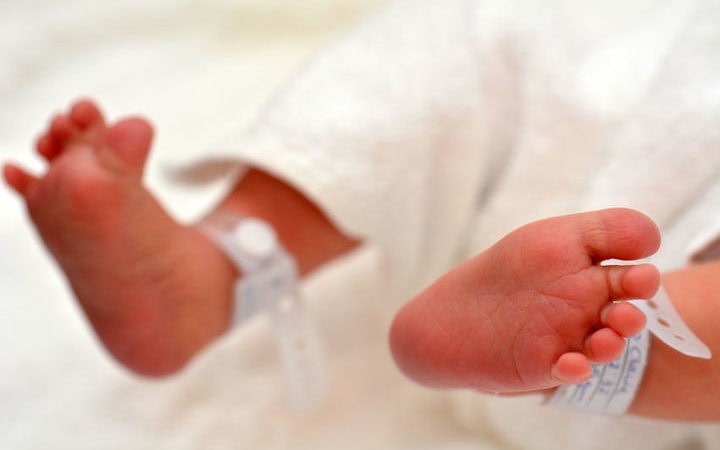*The contents in this blog relates to legislation in New South Wales.
Medical negligence can occur in the provision of antenatal care or during the delivery and birthing process, whether a natural delivery or caesarean section, with the potential to cause serious injury to mother and/or baby, that might otherwise have been avoided had proper care been taken.
If this has occurred to you, you may have legal rights including to compensation, to assist you with the unexpected costs and impacts of the adverse outcome.
Medical negligence in the context of pregnancy, delivery and birthing care, can take a range of forms including:
- Substandard pregnancy / antenatal care by your GP or health care provider/s;
- Failure to investigate, diagnose and treat a condition of the mother prenatally, resulting in adverse outcomes for mother or her baby;
- Failing to recognise and take appropriate safeguards and precautions in respect of a high risk pregnancy;
- Incompetent medical or surgical treatment including during the delivery and birth, such as the use of inadequate manoeuvers, improper technique or excessive force to extract baby;
- Failing to recognise when intervention or treatment is required, and delays or failure to treat mother or baby that result in lack of oxygen and hypoxic injury or other adverse outcomes;
- Counselling women to undergo, and performing, a natural vaginal delivery in circumstances where there are risk factors against it, for example fetal macrosomia, and failing to offer other reasonable delivery alternatives.
Birthing trauma injuries can be devastating and have life-long effects. They include:
- Lack of oxygenation to the baby resulting in a devastating permanent condition such as cerebral palsy;
- Traumatic injuries to mother such as uterine or vaginal tears, including from the inappropriate use of delivery instruments such as forceps or vacuum extractor, which can result in serious lifelong debilitating conditions such as urine or faecal incontinence;
- Bone fractures or nerve injuries to baby, caused by inadequate or improper instrumental delivery technique such as inappropriate manoeuvers or excessive force being applied to the baby.
High risk pregnancies
During the antenatal period, care must be taken to treat mother and baby. Part of that process is identifying red flags or high risk pregnancies, and conducting proper tests, observations and investigations and diagnosing and appropriately managing and treating such conditions, such as pre-eclampsia, hypertension and infection. Failure to do so may mean that vital treatment is not provided and devastating injuries to mother or baby, or death, are sadly not avoided. High risk pregnancies include pregnancies associated with:
- Maternal history of previous pre-term birth;
- Fever and infection;
- Hypertension / high blood pressure;
- Pre-existing or gestational diabetes;
- High or low fetal weight;
- Thyroid disease;
- Obesity.
Women who live in rural or remote areas have higher risk factors associated with their pregnancies. Higher risk factors are also associated with the pregnancies of Aboriginal and Torres Strait Islander women including those women who live in rural or remote areas.
If you have experienced birthing trauma injury as a result of lack of proper pregnancy or birthing care, our specialist medical negligence team can help.
Get in touch
If you are concerned about any medical treatment, get in touch with us on 13 43 63.
We have specialist medical negligence lawyers throughout NSW who will assess your case and provide personalised advice regarding your legal entitlements. Our medical negligence lawyers are located across NSW including in our offices in Parramatta, Sydney, Wollongong, Newcastle and Toronto.
